Mildew on Rugosa leaves
seasiderooftop
last year
Featured Answer
Sort by:Oldest
Comments (21)
seasiderooftop
last yearRelated Professionals
Ballenger Creek Landscape Architects & Landscape Designers · Bridgeport Landscape Contractors · Cary Landscape Contractors · Downey Landscape Contractors · Elmhurst Landscape Contractors · Las Vegas Landscape Contractors · Morrisville Landscape Contractors · Paterson Landscape Contractors · Carlisle Landscape Architects & Landscape Designers · Essex Landscape Architects & Landscape Designers · Ferndale Landscape Architects & Landscape Designers · La Marque Landscape Architects & Landscape Designers · Fort Myers Landscape Contractors · Golden Gate Landscape Contractors · Sugar Hill Landscape Contractorsseasiderooftop
last yearlast modified: last yearseasiderooftop
last yearseasiderooftop
last yearMoses, Pittsburgh, W. PA., zone 5/6, USA
last yearlast modified: last yearseasiderooftop thanked Moses, Pittsburgh, W. PA., zone 5/6, USAMoses, Pittsburgh, W. PA., zone 5/6, USA
last yearlast modified: last yearseasiderooftop thanked Moses, Pittsburgh, W. PA., zone 5/6, USAseasiderooftop
last yearseasiderooftop
last yearoursteelers 8B PNW
last yearrifis (zone 6b-7a NJ)
last yearoursteelers 8B PNW
last yearseasiderooftop
last yearseasiderooftop
last yearlast modified: last year
Related Stories
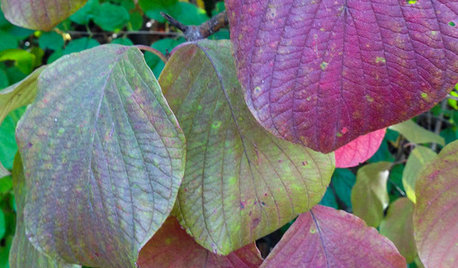
FLOWERS AND PLANTSCornus Rugosa, an Understated, Elegant Native Dogwood
Plant roundleaf dogwood for showy white flowers favored by pollinators in spring and for beautiful foliage in fall
Full Story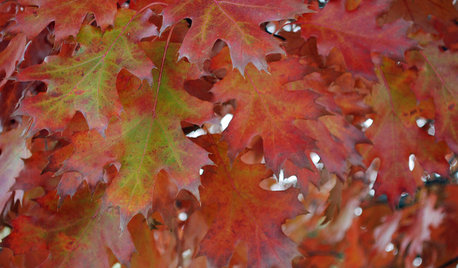
GARDENING GUIDES6 Healthy Ways to Handle Fallen Leaves
Once nature's beautiful bounty is spent, these ecofriendly strategies for leaves will put your yard in the clear
Full Story
LAUNDRY ROOMSRoom of the Day: The Laundry Room No One Wants to Leave
The Hardworking Home: Ocean views, vaulted ceilings and extensive counter and storage space make this hub a joy to work in
Full Story
MONTHLY HOME CHECKLISTSAugust Checklist for a Smooth-Running Home
Sniff out mildew, ramp up home security and get down to other tasks before summer is over and out
Full Story
OUTDOOR ACCESSORIESCare Guide: How to Clean Your Patio Cushions
Ready your furniture for spring and summer with these tips for removing sunscreen stains, mildew and more
Full Story
GARDENING AND LANDSCAPINGPool-Friendly Patio Materials
Get a pool patio to match your style at a price that doesn't leave you high and dry
Full Story
DECORATING GUIDESDecorate With Intention: Unbury Your Treasures
Love letters languishing in a box? Memories getting mildewed? Give them pride of place on your walls for more meaningful decor in your home
Full Story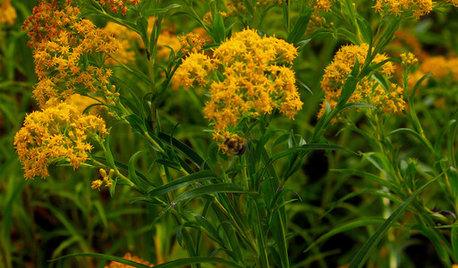
FLOWERS AND PLANTSThis Sunny Yellow Flower Helps Fall Pollinators and Landscapes
Oligoneuron riddellii’s distinct grass-like leaves and bright flowers jazz up the garden in the upper Midwest and Central Plains
Full Story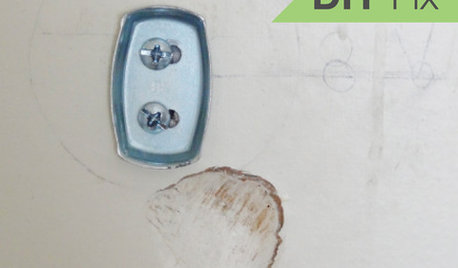
HOUSEKEEPINGQuick Fix: How to Patch a Drywall Hole
Dents and dings disappear, leaving your walls looking brand new, with this fix that even a novice can do
Full Story
MOST POPULAR11 Nominees for the ‘She Shed’ Hall of Fame
These special sanctuaries let busy women get away from it all without leaving the backyard
Full StorySponsored
Central Ohio's Trusted Home Remodeler Specializing in Kitchens & Baths
More Discussions






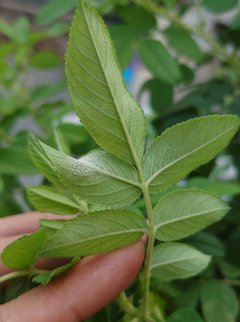


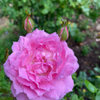



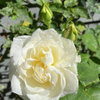
roseseek